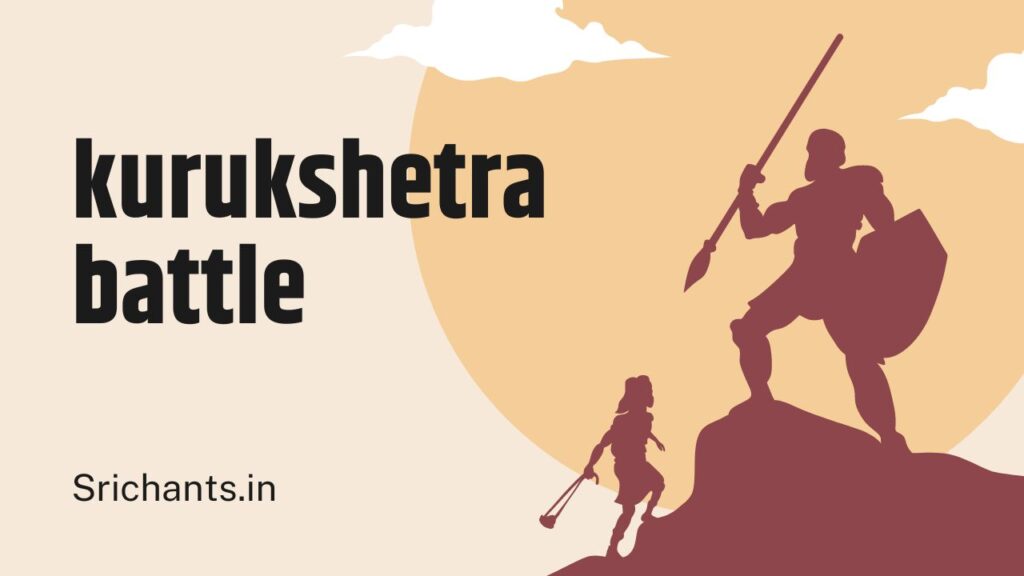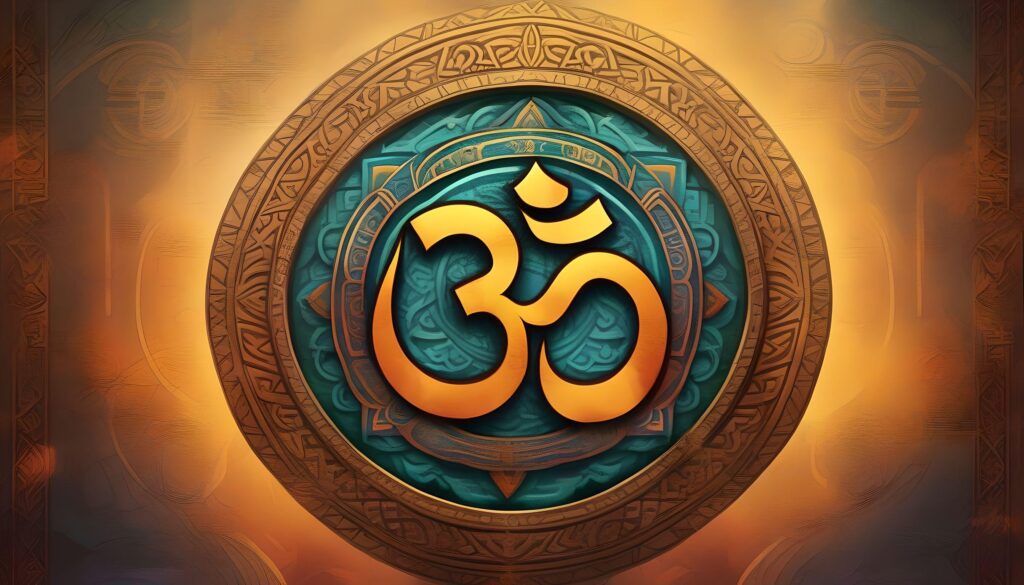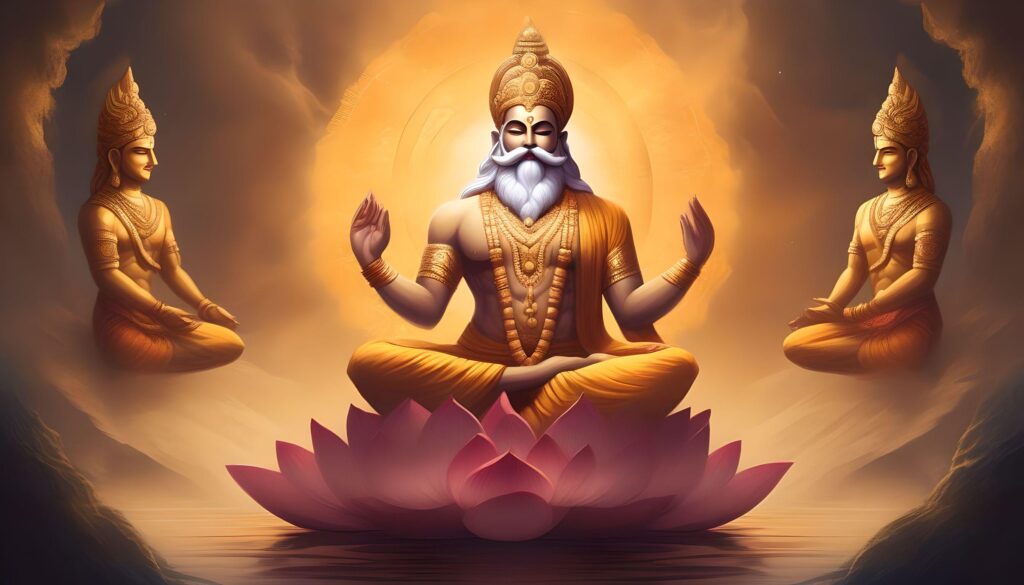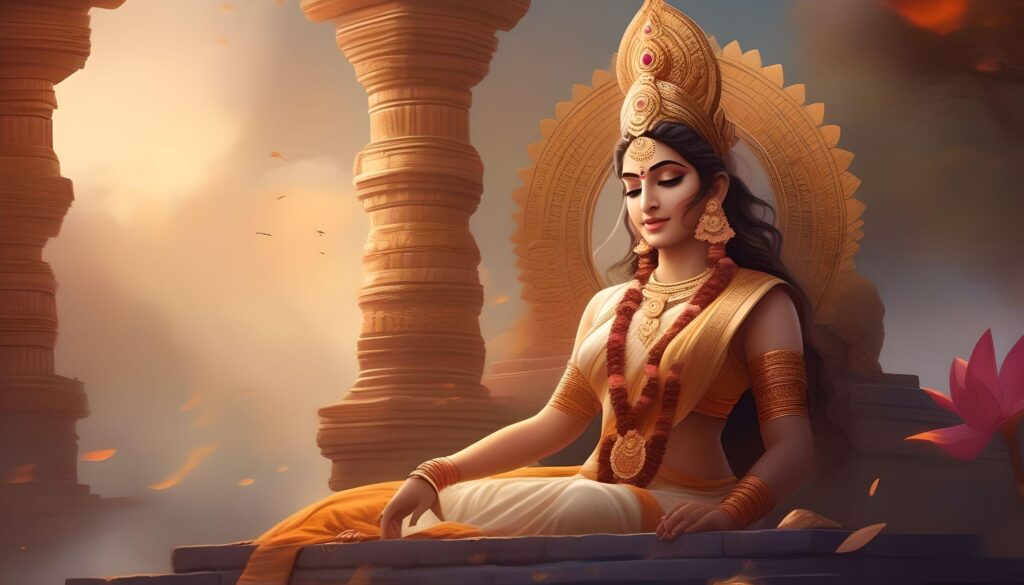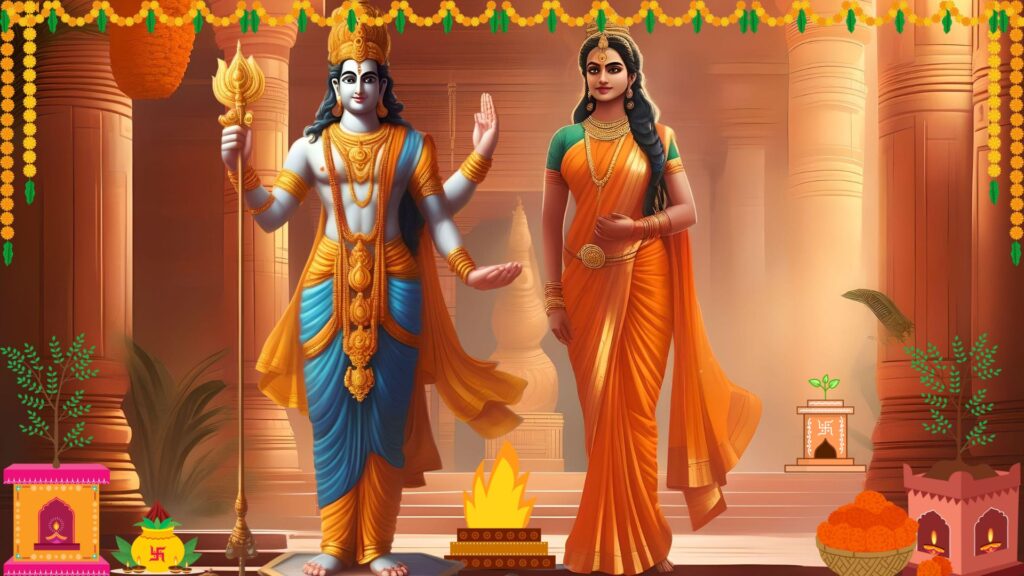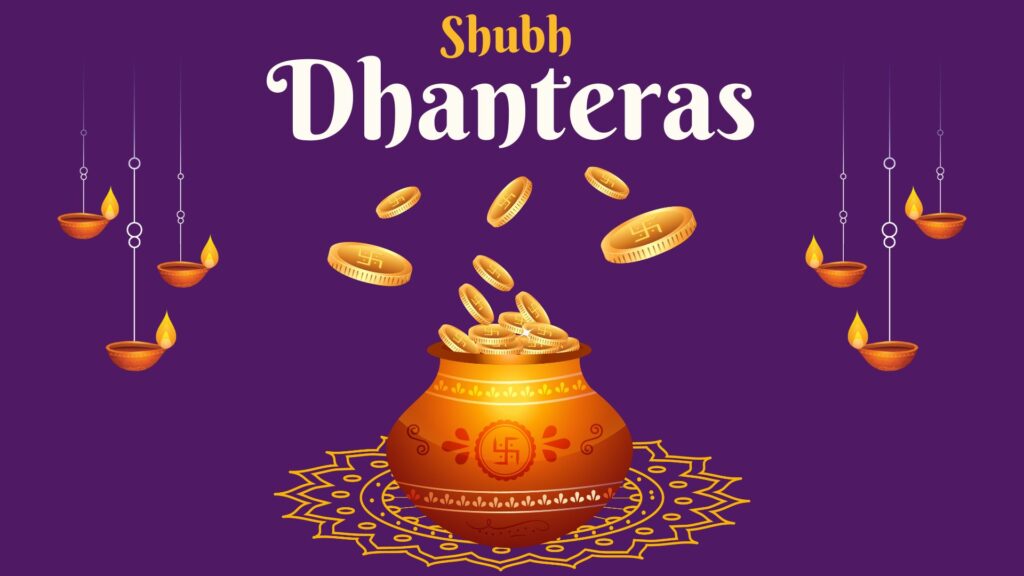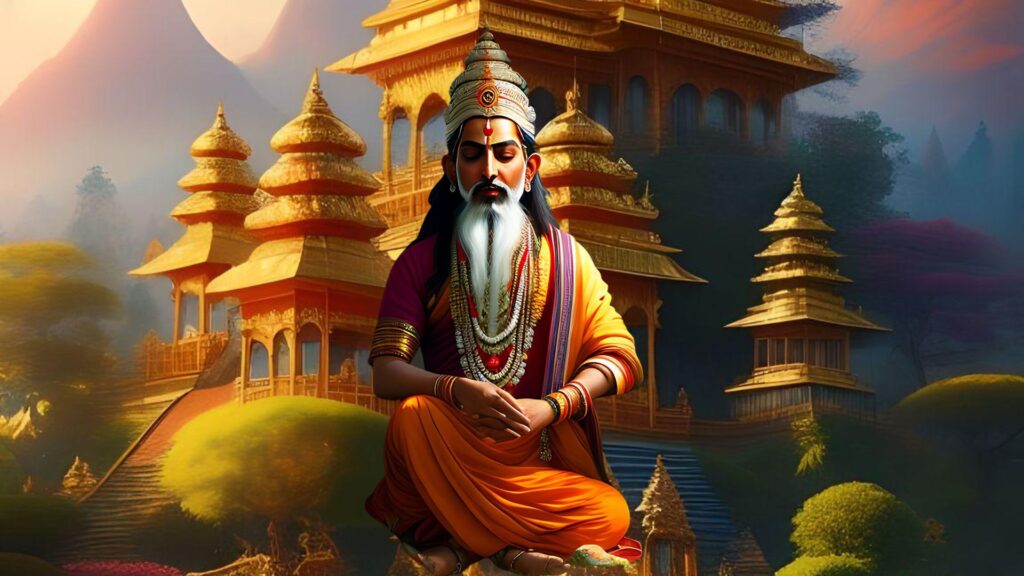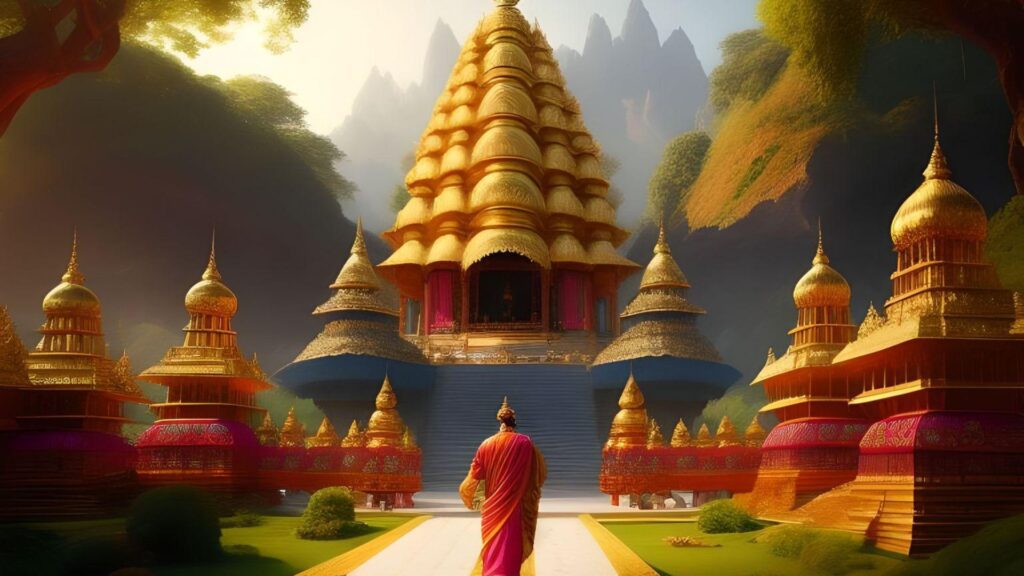Battle at Kurukshetra: The Epic Conflict for Dharma
Introduction
The Battle of Kurukshetra is widely regarded as a pivotal juncture in the annals of ancient Indian history. This enormous conflict, which took place between the Kauravas and the Pandavas, was eighteen days long and involved a large number of monarchs and generals. In addition to a struggle for power, it also involved the safeguarding of moral rectitude, or Dharma. This article provides a comprehensive analysis of the Battle at Kurukshetra, including its historical origins, war preparations, Krishna’s significance, and the pivotal moments that contributed to the Pandavas’ triumph.
Historical Background
The Battle at Kurukshetra finds its origins in the Mahabharata, an ancient epic. It is postulated that the aforementioned epic conflict transpired from 5561 BC to 800 BC, according to astronomical and literary data derived from the work. However, historians are divided regarding the precise date of the conflict. Prominent astronomer and mathematician Arya Bhatta hypothesized that the conflict took place in 3137 BC. Irrespective of the exact date, the battle is regarded as a defining occurrence in the annals of Indian history.
Preparations for War
Following their thirteen-year exile, the Pandavas, under the leadership of Yudhisthira, initiated preparations for the Great War. The blind monarch and progenitor of the Kauravas, Dhritarashtra, dispatched an envoy with the proposition of reconciliation and the reinstatement of the Pandavas’ realm. Having endured numerous injustices at the hands of Duryodhana, the Pandavas declined the offer and made preparations for battle.
Rival families were enveloped in the ominous specter of war as alliances coalesced and armies accumulated. Arjuna, a Pandava warrior, beseeched the assistance of Lord Krishna, who consented to serve as his charioteer. Duryodhana, the most senior sovereign of the Kaurava lineage, managed to amass the backing of Lord Krishna’s enormous army. The foundation was laid for the conflict at Kurukshetra.
Krishna’s Message to Arjuna: The Bhagavad Gita
Arjuna felt both skepticism and compassion on the eve of the battle as he observed his own family members and close friends positioned on the opposing side. Arjuna articulated his hesitancy to engage in combat, casting doubt on the ethical implications of slaying his own relatives. Krishna, assuming the role of Arjuna’s charioteer, imparted the enduring teachings contained within the Bhagavad Gita in reply.
Krishna explained the concepts of life and death, karma, and devotion while emphasizing the significance of duty. He implored Arjuna to advocate for justice, reinforcing that his prerogative as a warrior was to maintain moral rectitude. Arjuna, under the guidance of Krishna, regained his determination and made the necessary preparations to carry out his designated duties in the conflict.
The Bed of Arrows for Bhishma
Bhishma, the esteemed progeny of the Kauravas and Pandavas, commanded the Kaurava army with extraordinary prowess and courage. His unerring accuracy with the projectile demonstrated that he was a formidable adversary. The Pandavas were left desperate for a resolution after Bhishma inflicted significant casualties on their side for the initial nine days of the conflict.
Arjuna, cognizant of Bhishma’s solemn oath against combat with women, positioned the transgender warrior Shikhandi in his chariot strategically. Arjuna, girded with Shikhandi as a shield, initiated a ferocious conflict with Bhishma. Bhishma ultimately succumbed to a bed of shafts, albeit wounded and unconquered.
The Death of Drona and Karna
In the absence of Bhishma, the esteemed instructor of the Kauravas and Pandavas, Dronacharya, took command of the Kaurava forces. Drona’s formidable military prowess presented a substantial peril to the Pandavas. Arjuna, recognizing the critical nature of capturing Drona alive, formulated a strategy.
The formidable Pandava warrior Bhima slew an elephant named Ashvatthaman while making a fraudulent claim that he had murdered the son of Drona. Upon being apprised of this information, Dhrishtadyumna, the sibling of Draupadi, was able to promptly execute Drona. The tragic demise of Drona had a profound impact on the Kauravas.
Karna, an accomplished warrior and devoted companion of Duryodhana, took over leadership of the Kaurava army subsequent to Drona’s downfall. Notwithstanding his awareness of his actual ancestry, Karna maintained his allegiance to Duryodhana. Nonetheless, Karna was rendered vulnerable when his chariot wheel became entangled in a duel with Arjuna. With his decisive victory over Karna, Arjuna disposed of a substantial portion of his contribution to the war effort.
The Death of Duryodhana and the Triumph of Truth
Over the course of the conflict, the Kaurava forces incurred catastrophic losses. As the vaing and conceited leader of the Kauravas, Duryodhana suffered the loss of dependable allies and close relatives. Notwithstanding the piled odds against him, Duryodhana maintained his defiance and declined to capitulate.
Duryodhana engaged Bhima, the most formidable of the Pandavas, in single combat during the decisive final battle. It was Bhima’s victory over Duryodhana that brought an end to the 18-day conflict at Kurukshetra. The Pandavas emerged triumphant, the demise of Dhritarashtra’s eldest son having put an end to their animosities and grievances since their youth.
Conclusion
The continuing significance of the Battle of Kurukshetra is as evidence that righteousness and truth prevailed over evil. Beyond the pursuit of power, the war was also waged to ensure the preservation of dharma. The Mahabharata’s portrayal of the Kurukshetra War is an enduring testament to the significance of carrying out one’s obligations and advocating for fairness.
For future generations, the epic conflict between the Pandavas and the Kauravas serves as a wellspring of inspiration and counsel. In the face of adversity, it imparts the importance of fealty, sacrifice, and the pursuit of righteousness. Beyond all doubt, the Battle at Kurukshetra will remain an enduring symbol of integrity in Indian mythology and history, imparting a moral compass to all.

